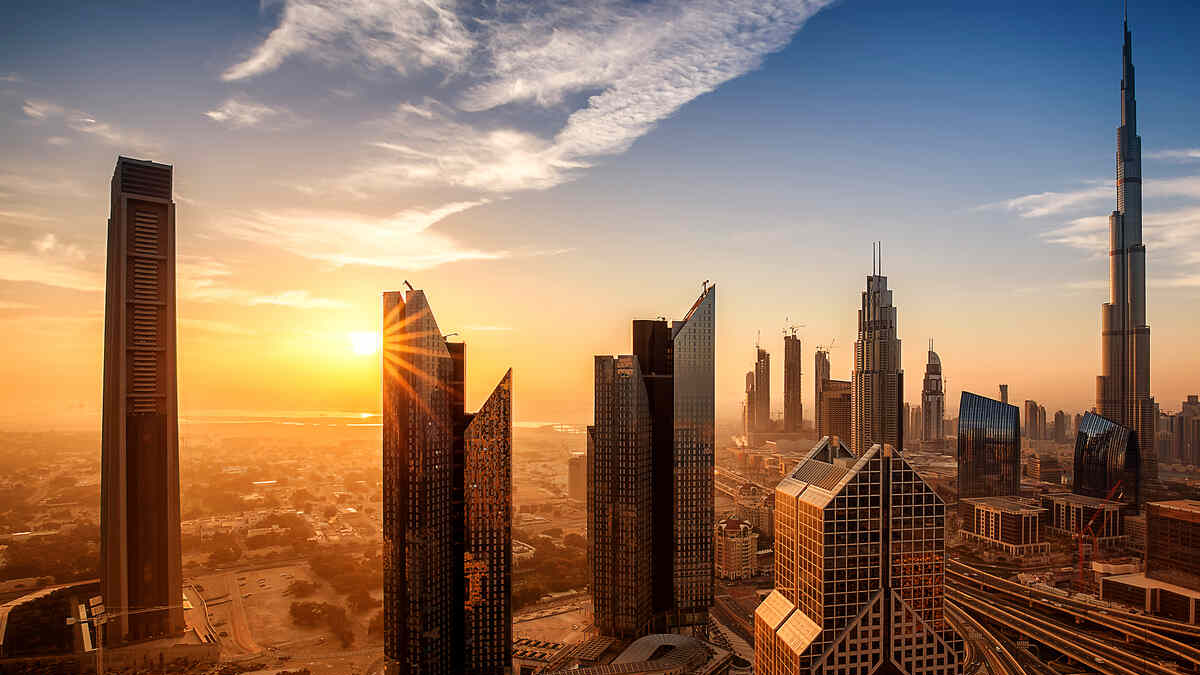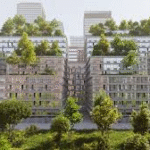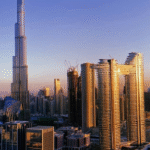Now Reading: UAE Sets Bold New Climate Goals for Net-Zero Future
-
01
UAE Sets Bold New Climate Goals for Net-Zero Future
UAE Sets Bold New Climate Goals for Net-Zero Future
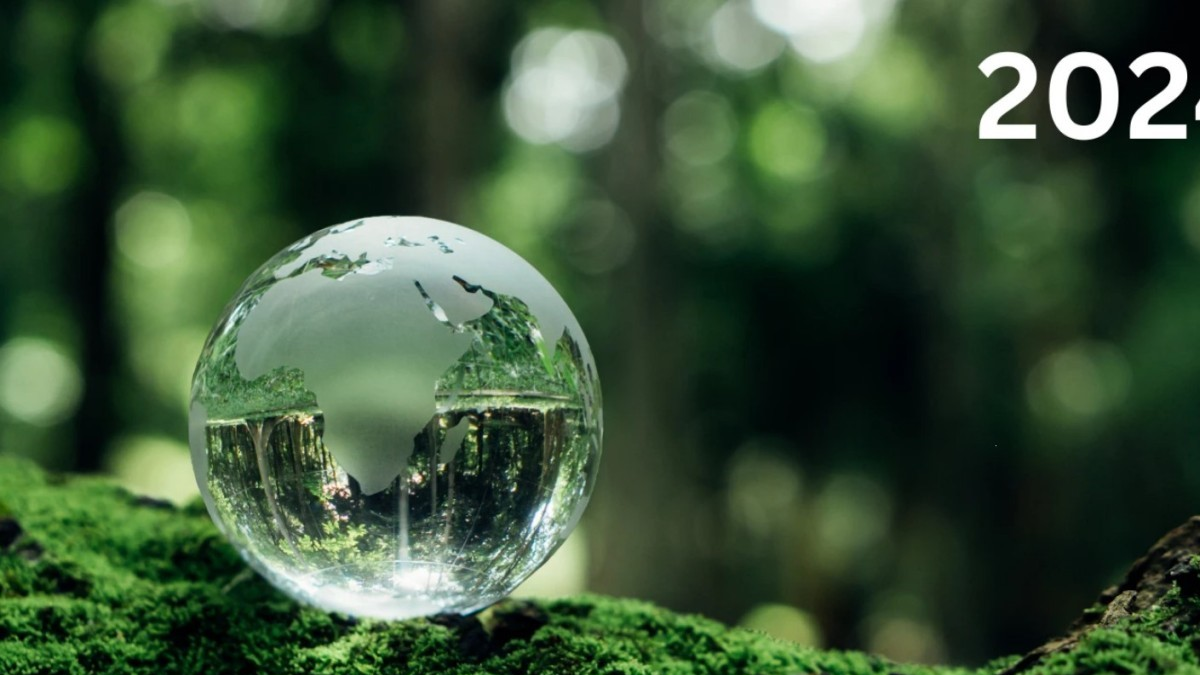
Table of Contents
The United Arab Emirates (UAE) has become a leading name in the region for its strong climate action plans. In recent years, the UAE has taken bold steps to fight climate change and build a greener, cleaner, and more sustainable future for its people. From large investments in renewable energy to strong international partnerships, the country is moving quickly to meet its climate goals.
In this news draft, we will explore what these climate goals are, why they matter, and how they could shape the future of the UAE and inspire other nations.
UAE’s Net Zero by 2050 Plan
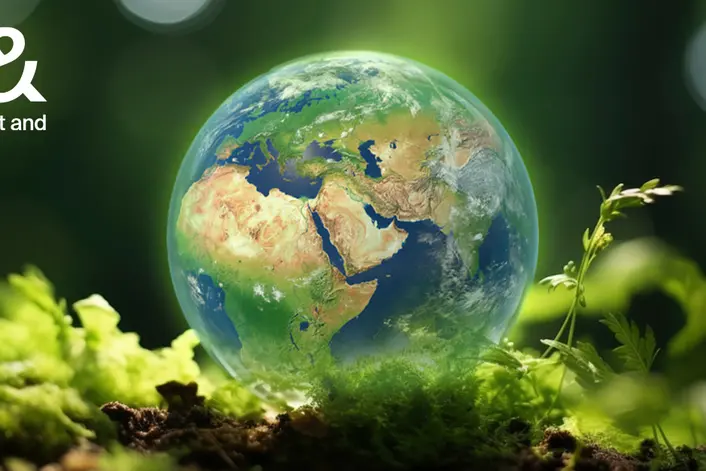
One of the biggest climate commitments the UAE has made is to reach “net zero” greenhouse gas emissions by 2050. Net zero means balancing the amount of carbon released into the atmosphere with an equal amount removed or offset, so the total impact is zero.
This is a very ambitious target, especially for a country whose economy has long depended on oil and gas. But the UAE is showing the world that even oil-rich nations can change their path and invest in a cleaner tomorrow.
His Highness Sheikh Mohammed bin Zayed Al Nahyan, President of the UAE, has repeatedly highlighted the need for urgent climate action. The net-zero plan covers many areas, including renewable energy, green technology, sustainable transportation, and efficient use of water and other natural resources.
Investing Big in Renewable Energy
One of the strongest pillars of the UAE’s climate strategy is clean energy. The country has invested billions of dollars in solar, wind, and nuclear power projects to reduce its reliance on fossil fuels.
The UAE is home to the world’s largest single-site solar park, the Mohammed bin Rashid Al Maktoum Solar Park in Dubai. This massive facility aims to produce 5,000 megawatts of clean energy by 2030, enough to power millions of homes.
In addition, the Barakah Nuclear Energy Plant is helping provide carbon-free electricity, making the UAE one of the first countries in the region to embrace peaceful nuclear energy.
These projects show the world that renewable energy can be scaled up quickly, even in regions with high energy needs.
Greener Transport and Smart Cities
Transportation is another key area where the UAE is focusing its climate goals. The government is promoting electric vehicles, clean public transportation, and smart traffic systems.
Dubai, for example, has set a target for at least 25% of all trips to be made with driverless or smart vehicles by 2030. Dubai Metro, trams, and electric buses are part of the city’s plans to lower carbon emissions.
The UAE is also investing in “smart cities,” where advanced technology helps reduce energy use, water waste, and pollution. These smart systems make cities more efficient, cleaner, and healthier for the people who live there.
COP28 and Global Leadership
In 2023, the UAE proudly hosted COP28, the United Nations Climate Change Conference. This major global summit brought world leaders, scientists, and climate activists to the UAE to discuss the next steps in fighting climate change.
Hosting COP28 showed the UAE’s commitment to leading global climate action, not just participating in it. It was a chance for the UAE to showcase its clean-energy achievements and encourage other countries to take more ambitious steps.
By leading these discussions, the UAE has cemented its role as a climate leader in the Middle East and the world.
Challenges Ahead
Even with these strong plans, the UAE faces challenges on the road to meeting its climate goals. The country still has a large carbon footprint, and transitioning away from oil will require careful balancing of its economy and jobs.
There is also the challenge of adapting to climate change impacts, such as higher temperatures, less rainfall, and possible sea-level rise, which could threaten coastal cities.
But with technology, innovation, and international partnerships, the UAE hopes to overcome these challenges. The government has set clear strategies and is working with experts from around the world to make its net-zero dream a reality.
Inspiring the Region and Beyond
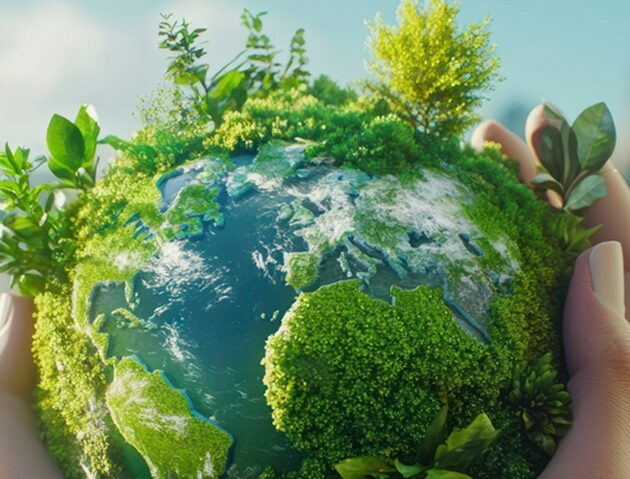
The UAE’s climate goals do not just help the country itself — they can also inspire the rest of the Middle East and the developing world. As a regional powerhouse, the UAE has the influence to push other countries to join in the fight against climate change.
The hope is that investments in clean technology and green skills will create new jobs, new industries, and a new way of thinking about growth and development.
Sustainable buildings, eco-friendly tourism, and green industries are some of the sectors expected to boom as part of this shift. These changes will benefit both the planet and the people who live in the UAE.
What’s Next?
The UAE’s climate plans are ongoing and evolving. Future updates may include even stronger rules for industries to cut their emissions, new investment incentives for renewable energy, and more support for people and companies to make sustainable choices.
International cooperation will be key to success. By working closely with partners in Europe, Asia, and Africa, the UAE hopes to bring advanced climate technologies to more countries and regions, making a bigger difference worldwide.
Final Thoughts
The UAE’s climate goals are bold and inspiring. From net zero by 2050 to world-leading solar parks and clean transportation, the country is proving that change is possible, even in an oil-producing nation.
These efforts are not just about reducing carbon; they are about building a healthier, more resilient society for future generations. With leadership, innovation, and a sense of urgency, the UAE is showing that a greener future is not only necessary, but achievable.
Read More:- Deyaar’s Latest Announcement Shakes Up the UAE Property Market



